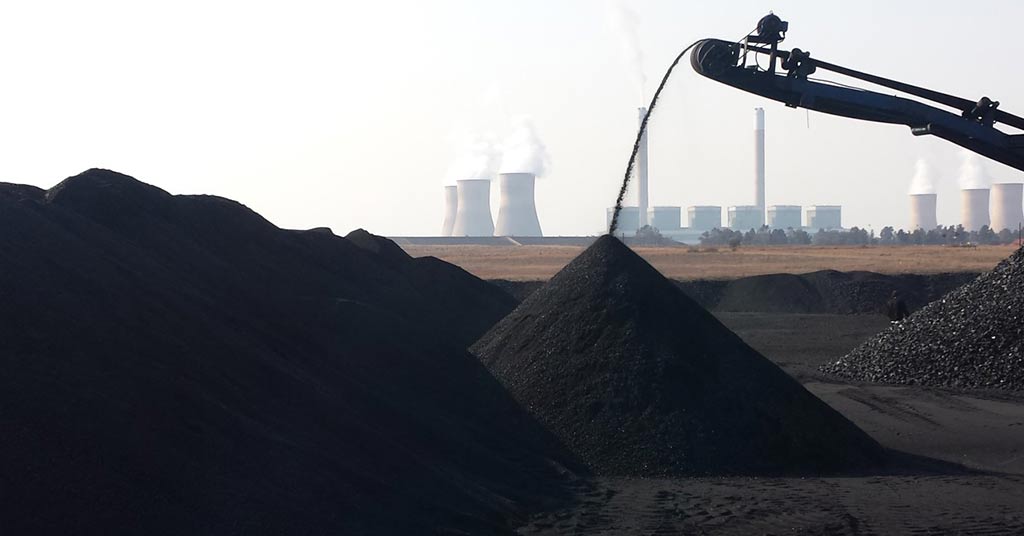Welcome To ChemAnalyst

China's Tariff Commission of the State Council has recently declared that starting from January 1, 2024, a 3 percent import tariff will be reinstated on metallurgical coal. The tariff, however, will not be applied to coal imports from Australia and the Association of Southeast Asian Nations (ASEAN) countries. This announcement comes after a period of zero provisional import duty rate on coal, which has been in effect since May 1, 2022, and will remain so until December 31, 2023.
This tariff reinstatement is anticipated to have some impact on coking coal imports from Russia and Mongolia. Notably, most coking coal imports this year were sourced from countries outside Indonesia and Australia. Despite this, market sources suggest that the duty will not significantly affect volumes from Russia and Mongolia due to their price competitiveness and restricted local coking coal supply.
The reinstatement of the tariff might lead to a modest increase in prices and could potentially reduce the margin of suppliers to some extent. The supply of premium grades of coking coal from North America is likely to be more affected by this development, as Australia may gain competitiveness and the overall sources of premium grades are limited in the Chinese market.
As we move into 2024, the supply of coking coal is expected to be negatively impacted, while demand may improve, leading to potential price increases. Further, it is noteworthy that China will impose a zero import tariff on coke in 2024.
The decision to reinstate the import tariff is reflective of China's strategic approach to managing its energy resources and maintaining a balance between demand and supply in the metallurgical coal market. It also highlights China's keenness to retain its trade relationships with Australia and ASEAN countries, given the exclusion of these countries from the tariff imposition.
The tariff imposition on metallurgical coal imports from countries outside Australia and ASEAN is also likely to influence global coal trade dynamics. Countries like Russia and Mongolia, which have been significant exporters of coking coal to China, may need to reassess their export strategies.
On the other hand, North American suppliers of premium grade coking coal could face challenges due to the increased competitiveness of Australia in the Chinese market. These suppliers may need to explore alternative markets or consider strategies to enhance their competitiveness.
Overall, while the reinstatement of the import tariff on metallurgical coal is expected to bring some shifts in the global coal trade dynamics, the long-term impact will depend on how suppliers and importers respond to these changes. As we move into 2024, it will be interesting to see how the coal market evolves in response to these new tariffs and how it affects the balance between supply and demand.
We use cookies to deliver the best possible experience on our website. To learn more, visit our Privacy Policy. By continuing to use this site or by closing this box, you consent to our use of cookies. More info.
